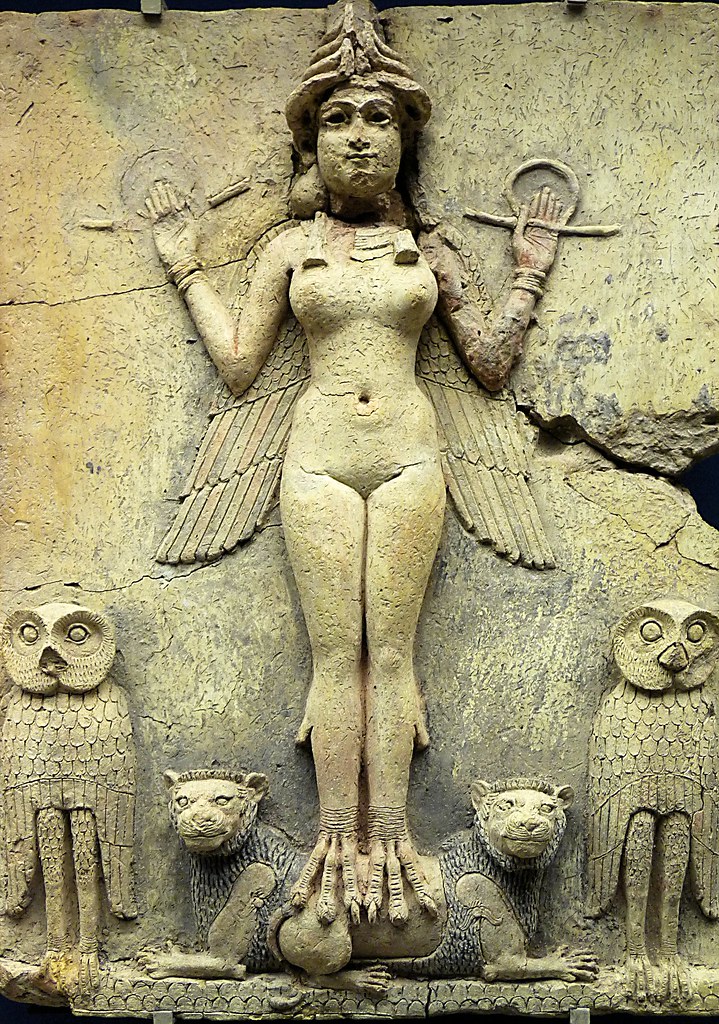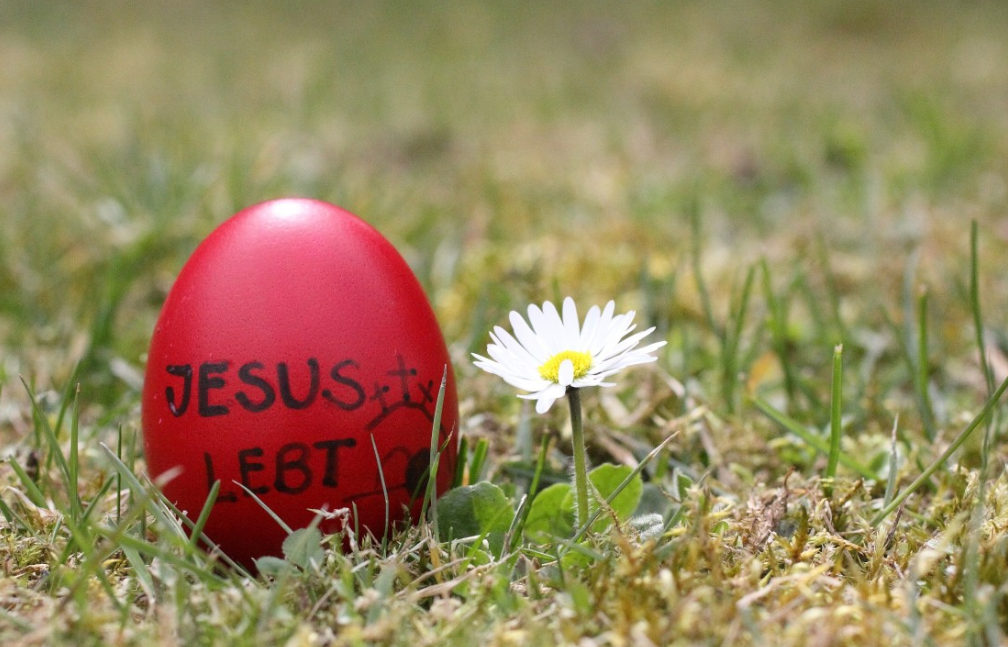This weekend is one of the most profound for Roman Catholics and many Christians around the world as it is Easter weekend, which celebrates the Death and Resurrection of Jesus Christ. Because religion always seems to be a tinderbox for discourse, especially Christianity, so many good intentioned posts wishing all a “Happy Easter” are sometimes met with alternative posts that seek to educate us on the etymology of the word. Some do it just as a point of interest; others do it certainly as a dig on religion and how there is a perception that anything not physically evident is just either made up or borrowed from a previous source (the second of these two assertions is more plausible and easily evidenced).

The two main memes that circulate this time of year deal with the pagan goddesses Eostre/Ostara and Ishtar, from Germanic and Assyrian/Babylonian lore, respectively. These goddesses were fertility goddesses, whose secondary characteristics of sex, rebirth, and springtime intertwine well with the Easter sentiments. Sex equals life, rebirth as resurrection, and springtime as the season where all of these things come to the forefront during the year. Additionally, the two goddesses were often represented symbolically by eggs and bunnies, both classic symbols of new life. It’s easy to see how these symbols evolved into Easter Eggs and the Easter Bunny. I’m not denying that these were absorbed by the Christian world as a way to ease the transition from paganism to the new religion that Emperor Constantine decriminalized in 312 AD and established as the Roman state religion by Theodosius in 380 AD. There is plenty of evidence that the feast of Sol Invictus, which was typically celebrated on December 25th was fused with the Christ birth story to create what we know today as Christmas.
While I am not denying that syncretism (a fusion of different religions) is a common practice, what I am challenging is the underlying tone of these memes that seek to undercut the significance of Easter. Here’s how I interpret them: “your holiday is named after a pagan goddess so it doesn’t really mean what you think it means.”
I’m only half-buying it. The word in Latin for Easter is Pascha, which is derived from the Hebrew Pesach (via the Greek Pascha), meaning Passover. Jesus was essentially the Passover sacrifice, described often in Catholic teachings as the Paschal Lamb. Eggs are symbols of new life and rebirth, which is symbolic of what Jesus accomplished through his resurrection. I don’t doubt the origin of the name and the connections, but I think it’s trying too hard to remove Jesus from the equation. If it were the entire truth, the Church would have changed the name to Easter in all of its languages. As it stands, it is Pasqua in Italian, Pascua in Spanish, Pâques in French, and Pascoa in Portuguese–all derived from the Latin Pascha. All religions in a particular region have the tendency to enmesh earlier traditions into their own. That doesn’t mean the current iteration is invalid in the eyes of the practitioners.
On a personal note, the phrase Paschal Lamb is significant for me. In Italian, that phrase is l’agnello pasquale. Though I am named after my paternal grandfather, as I am a spring baby born in April, my name is highly appropriate as an adjective befitting the season. Christianity has its roots in Judaism, and so does my name.












